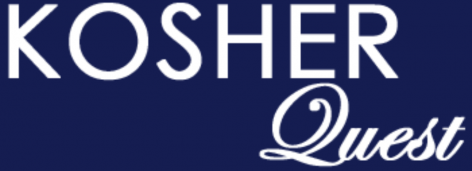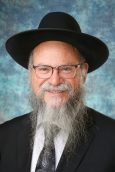Bakeries require supervision, even if the ingredient list seems acceptable, or the bakery bakes “Jewish Bread” or “challah.” Common problems include: shortening, emulsifiers, equipment and utensils, and use of dairy ingredients. Bakeries without supervision use the same equipment for baking their non-kosher products and their “Jewish products.” Hence all the products are non-kosher. Even kosher bakeries frequently use the same utensils for their dairy products and their pareve products. Hence, all the products, even the “pareve” items, would really be dairy.
(The use of dairy ingredients in bread is forbidden by the Shulchan Aruch,chapter 97.)
In addition, breads from a bakery owned by Jews requires the “taking of challah,” which may not have been performed at the bakery. The mitzvah can be fulfilled at home by placing all bakery goods in one room, opening all the packages, and removing and burning a small piece from one of the loaves. If some of the loaves are from different kinds of flour (for example, wheat and rye), challah must be taken from a loaf of each type.
BREAD – (including bagels, breadsticks, matzah, melba toast, muffins, pita, and rolls) – REQUIRE SUPERVISION. Common problems: shortening, oil, dough mixes, dough conditioners (made from shortening and di-glycerides). Release agents (to grease the pan, and these need not be listed on the label!), dairy textures, eggs, egg substitutes, and equipment and utensils used for a variety of products. Dough mixes can contain shortening and oils that require supervision.

